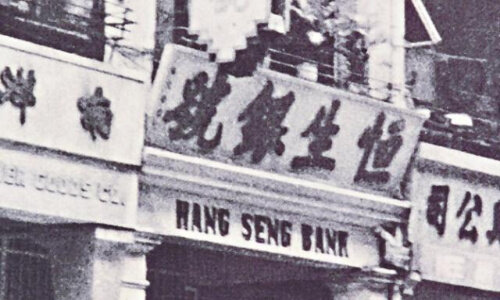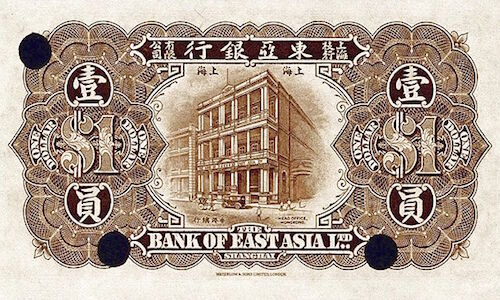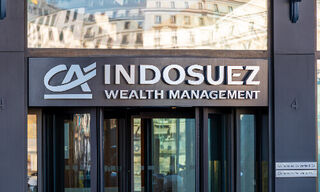Will Hong Kong Family-Owned Banking Ever End?
It feels like talks about the fall of Hong Kong family-owned banking have lasted forever. And this isn’t only about the 101-year old Bank of East which continues to extend its legacy despite reports of sale talks. finews.asia explores.
Bank of East Asia (BEA) refuted a «Financial Times» report that its was in early talks with investors to sell its Hong Kong and China banking businesses in the midst of a battle over control with Elliot Management Corporation. The U.S. investment manager is widely described as a «vulture fund» due to acts like its famously arranged seizure of a Ghana-based Argentinian naval vessel over a sovereign debt default in 2002.
«The bank would like to clarify that it has had no external discussions regarding the disposal of either the Hong Kong or mainland China banking businesses,» BEA said in an exchange filing earlier this week.
«[A]nd that no decisions have been made with respect to any strategic alternatives for the bank's businesses and assets under the comprehensive strategic review,» added Hong Kong’s oldest family-owned bank, founded over a century ago in 1919.
Dah Sing Bank
81-year-old David Li-Kwok Po and his family aren't exactly the last ones to retain deep footholds inside a self-founded lending business. 79-year-old David Wong Shou-Yeh has also retained his throne as founder and chairman of smaller lender Dah Sing Bank, though the group downsized by selling its life insurance arm in 2016 to Fujian-based Tahoe Investment for HK$10.6 billion.
But the rest of the entire banking landscape is now dominated by only two groups: foreign multinationals and Chinese financiers.
Long Time Ago
Still, the so-called beginning of the end for banking with local entrepreneurial roots started decades ago with Hang Seng which was co-founded by Guangzhou business owners Ho Sing Hang and Leung Chik Wai, and Shanghai business owners Lam Bing Yim and Sheng Tsun Lin.

(A pre-1960 Hang Seng branch in British Hong Kong)
Originally established as a small single money-changing shop in 1933, the fast-growing Hang Seng would undergo a prodigious rise throughout the 1950s and most of the 1960s to become the largest local Chinese bank in Hong Kong. But a financial bubble led to a historic bank run in 1965 at Hang Seng which depleted nearly a quarter of its deposits – including an HK$80 million single-day outflow – and eventually led to an HSBC acquisition (51 percent shareholding for HK$51 million).
- Page 1 of 2
- Next >>




























